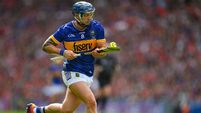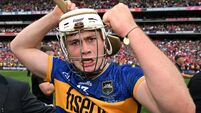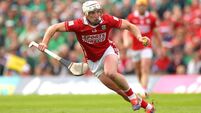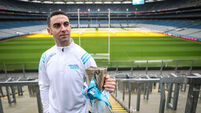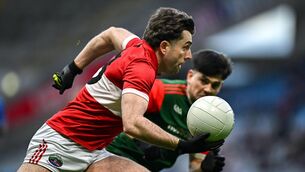The PM O'Sullivan interview: 'He started talking to his hand: ‘Would you ever steady up? I’m here drinking with the Kilkenny captain’.'

Those days" Referee John Moloney, Tipperary, prepares to toss the coin in front of Limerick captain Sean Foley, left, and Kilkenny captain Nickey Orr before the 1974 All-Ireland SHC final
Nickey Orr became a connoisseur of beginnings.
He was not a hurler marked out from youth. But he rose via nature’s surest push, character gripping hands with determination. This man remains one of Kilkenny hurling’s touchstones. 31 men have captained the county to its 36 senior titles. 21 of them are still with us. Nickey Orr is 1974’s figurehead, when Limerick were emphatically beaten. He was Kilkenny’s full back between 1973 and 1976, before knee injury intervened.




